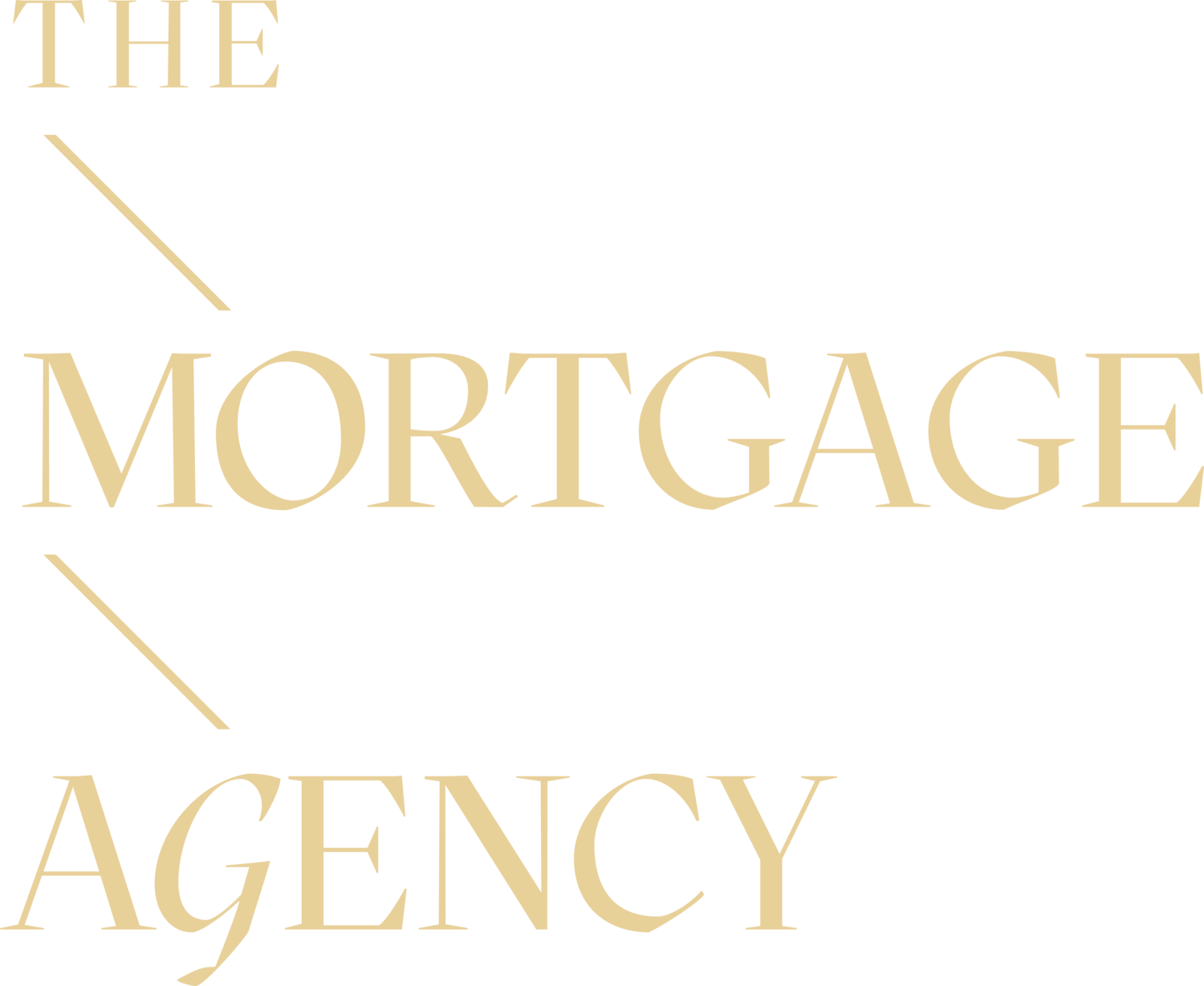The Rich Homeowner’s Guide to Mortgage Renewals
Canadian homeowners are getting trapped paying too much for their monthly mortgages.
And let me tell you, they’re feeling it.
But you know who’s chilling in all this chaos? Savvy homeowners who know how to adjust their mortgages to the current market and their own financial situation.
In understanding how to renew their mortgage, these homeowners navigate market fluctuations with ease and zero financial stress. And I want YOU to feel like that.
So let’s get into it.
Two-thirds of Canadians have five-year fixed-rate mortgages.
For almost a decade, interest rates hovered around 1% - so this wasn't much of a problem. Well, these days, most banks are charging around 5%. (Shoutout to inflation!) That means if you borrowed $500,000 to buy a home five years ago, your mortgage could go up by $1,200 a month if you locked into another five-year fixed term right now. Rough. Fortunately, you can do a few different things to get ready for a rate reset and mitigate the mess.
This is why TMA has put together our top 4 pieces of advice for a less painful monthly payment.
Pick up the phone.
When your mortgage rate resets, it’s a chance to negotiate a new agreement with your current lender. But many homeowners don’t bother. Often times we see this. Banks send out renewal letters, the first letter offers the posted rate — which is usually crazy high that isn’t remotely competitive. Yet a third of the borrowers sign the letters without calling the lender. And banks really love when that happens. Painful news for introverts: picking up the phone for a five-minute call with your lender can often get 1.5% knocked off your renewal rate. (That amounts to $7,500 on a $500,000 mortgage.)
Shop around.
When your rate resets, you can go out and find a better deal elsewhere and refinance penalty-free. That’s why your current lender will start pushing you to renew months beforehand. Lenders will play on the fear that you should lock in early to avoid the risk that rates will rise further. Don’t fall for it. Comparison shop with other banks or credit unions before signing any contract. Or better yet, have a mortgage broker (like us) do it for you. Bear in mind that if you lock into another five-year fixed term (like a lot of folks do), you can refinance later if rates fall. But a word of caution...
Be sure to read the fine print.
The biggest mistake we see is buyers skimming over a contract’s small print. Homeowners will choose one five-year fixed mortgage over another to save 0.05% on interest, but then two years later, they’ll realize that the penalty to switch lenders midterm is $10,000. Ideally, you want to avoid any contract that carries a steep penalty for breaking your mortgage so, if need be, you can switch lenders down the road with minimal expense. Another good reason to have a broker on your team.
Stretch out your payments.
OK, so let’s say you decide to stick with your current lender for one reason or another. In that case, if you requalify, you can ask to extend the loan’s amortization period and essentially stretch out the length of your contract. You might be able to extend your current mortgage so that it’s amortized over 30 years, say, instead of 25. You would pay more interest over time that way, but your monthly mortgage payment could get a little cheaper.
It can be a lot to take in, especially when the market noise news feels overwhelming. If you’re looking for more clarity and peace of mind when renewing your mortgage - give us a shout!
You still with us? Good.
It can be a lot to take in, especially when the market noise news feels overwhelming.
If you’re looking for peace of mind when renewing your mortgage - give us a shout!
